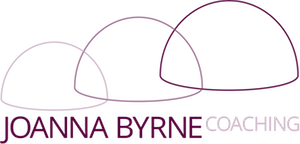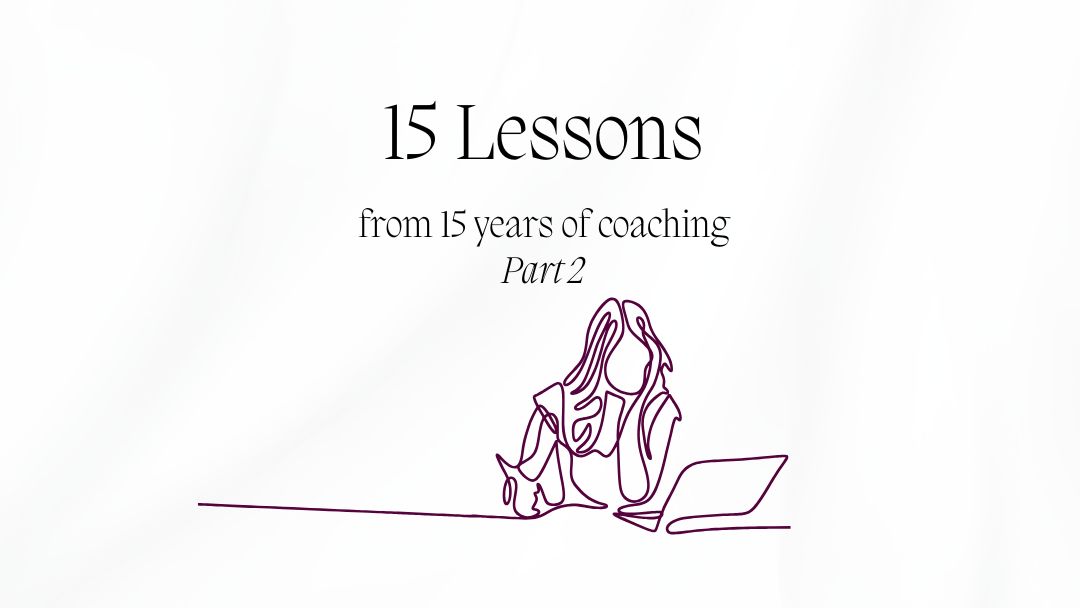Coaching can be full of ‘aha’ moments, not just for clients but for me, too. Over the years, I’ve learned that sometimes the most powerful lessons come from the simplest of realisations. In Part 1, I shared my first five lessons. Now, let’s dive into five more, in no particular order, that continue to shape my work (and occasionally save my sanity).
6. Done Is Better Than Perfect (And Perfect Doesn’t Exist Anyway)
I used to be a card-carrying perfectionist. I’d agonise over every detail, trying to deliver the “perfect” coaching session, email, or training. Almost to the point where it prevented me from putting anything out there at all, at times.
But here’s the thing – perfection is an illusion, and chasing it can keep you frozen.
Some of my best work has come from simply getting it done, even when it felt messy or incomplete. I am always aiming for the messy first draft now. Progress beats procrastination every time. Clients don’t want flawless – they want authentic, actionable support.
Lesson learned: Perfection is overrated. Done is what gets you to the next step.
7. If It’s Not in the Diary, It Doesn’t Exist
There’s a universal truth I’ve discovered: unless it’s written down, it’s not happening. Goals, appointments, even things like grocery shopping – it all needs to be scheduled.
Clients often resist this idea at first. “I don’t need to schedule time for thinking,” they say. Until they forget, postpone, or overbook themselves into oblivion. Trust me, writing it down works wonders. And PLEASE, schedule time to think too.
Lesson learned: The diary isn’t just a planner—it’s a promise to myself.
8. Stay Curious (It’s the Secret Sauce)
Curiosity is what turns ordinary conversations into transformative ones. Instead of jumping to conclusions or solutions, staying curious opens doors to insights you might never expect.
When I hear “I don’t know why I’m stuck,” I try asking “What would it look like if you weren’t?” That often shifts the whole conversation. Curiosity creates freedom and space for us to think differently.
Lesson learned: Ask better questions, and you’ll get better answers.
9. Choose to Raise the Conversation Spiral
Conversations are like a spiral. They can either elevate the discussion or drag it down. I’ve learned how important it is to intentionally guide the direction of a conversation.
When we are stuck in negative thinking or frustration, it’s tempting to let the conversation spiral downward. Instead, consider how we can offer a different perspective or a nudge upwards.
The same applies outside of coaching. Whether you’re in a meeting or a casual chat, you can choose to lift the tone and encourage a more constructive dialogue.
Lesson learned: Conversations are contagious – choose to spiral up instead of down.
10. The Real Change Happens Later
Here’s something they don’t tell you in coaching training: most transformations don’t happen during the session. They happen weeks, months, or even years after the work is done.
Coaching plants seeds. Some sprout quickly; others take their time.
Lesson learned: Be patient. The work you do today can echo far into the future.
These lessons remind me that coaching isn’t just about guiding clients, it’s about learning alongside them. In Part 3, I’ll share the final five lessons. Stay tuned!

